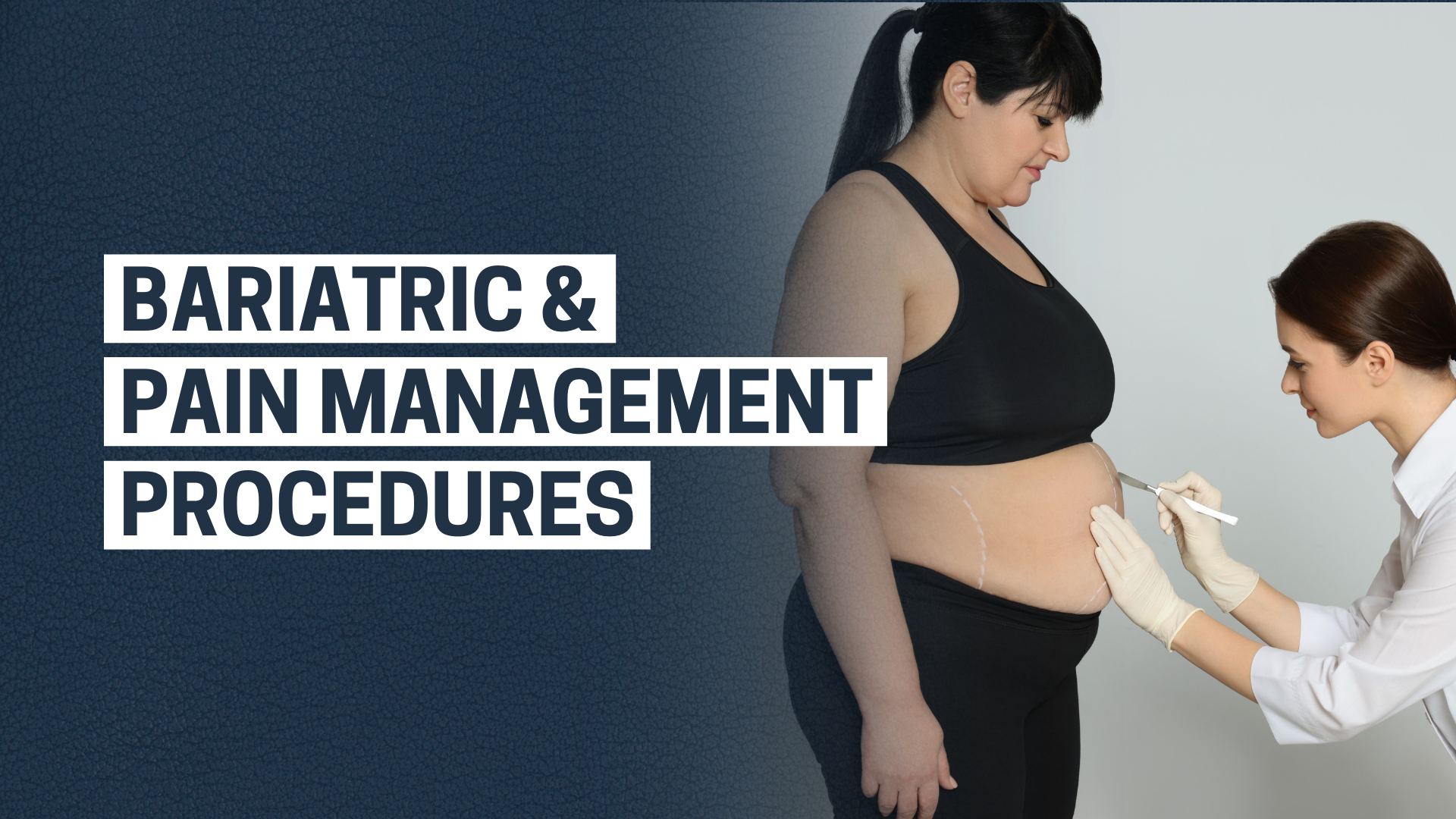Fast, Confidential
Psychological Therapy
and Evaluations—Tailored
for You by a Veteran and
Mental Health Expert
Get expert psych evaluations, assessments,
and therapy—all from the comfort of your home.
Hi, I’m Dr. Bruce Parsons. As a psychologist and military veteran with over a decade of
experience in military law enforcement and as a first responder, I’ve been where you are.
I understand the challenges you face, and I’m here to help you navigate your mental health
journey with fast, confidential, and personalized care. Whether you’re dealing with PTSD,
preparing for surgery, or need a psychological evaluation for a new job, I’m committed to
providing the support and answers you need quickly.

Fast, Confidential
Psychological Therapy
and Evaluations Tailored for You by a Veteran and Mental Health Expert
Get expert psych evaluations, assessments,
and therapy—all from the comfort of your home.
Hi, I’m Dr. Bruce Parsons. As a psychologist and military veteran with over a decade of
experience in military law enforcement and as a first responder, I’ve been where you are.
I understand the challenges you face, and I’m here to help you navigate your mental health
journey with fast, confidential, and personalized care. Whether you’re dealing with PTSD,
preparing for surgery, or need a psychological evaluation for a new job, I’m committed to
providing the support and answers you need quickly.

"You don’t have to navigate your mental health alone. Fast answers lead to faster
healing—and the sooner we start, the sooner you can get back to living your life."
– Dr. Bruce Parsons

Free Gift!
The Ultimate Mental Health
Self-Check Cheat Sheet
This downloadable checklist helps you quickly identify key signs of common mental health conditions like PTSD, anxiety, and depression—so you can take the first step toward getting the help you need.
Download your free copy of the Mental Health Self-Check Cheat Sheet to start understanding your symptoms and find the right path to care.
Do You Think You Might Have PTSD?
Feeling angry, irritated, or constantly on edge? Do memories of a traumatic event intrude unexpectedly? Is it hard to be around people?
PTSD symptoms can be confusing and overwhelming, but you don’t have to struggle alone. Let’s work together to find relief. Modern PTSD treatments offer quick and effective results, so you don’t have to suffer in silence anymore.
Has Trauma Left You Feeling “Broken” Fast, effective relief from PTSD, depression, acute stress disorder, and anxiety symptoms. If trauma has left you feeling "broken," you’re not alone—and it certainly doesn’t mean you’re crazy. Let’s get started on your path to recovery.

Psychological Evaluations For All
Psychological
Evaluations For All
Military & First Responders
- Specialized Assessments
Evaluate the severity and impact of traumatic events, these assessments help diagnose PTSD, anxiety, depression, and personality disorders.
Bariatric & Pain Management Procedures- Psych Evals For Medical Purposes
Help your medical team understand any psychological factors that might impact your surgery, treatment or recovery.
Pre-Employment Psychological Evaluations
For those entering public service roles like law enforcement, firefighters, emergency dispatch, security officers, or corrections, this evaluation is a mandatory part of the job application process.
Mood Disorders, PTSD, Anxiety,
and Depression
These assessments identify the type and intensity of mood disorders, anxiety and depressive disorders, helping to determine the best treatment options.

Hi, I’m Dr. Bruce Parsons.
Hi, I’m Dr. Bruce Parsons! I’m not your typical psychologist—I’ve faced people who were trying to kill me, served in military law enforcement, and spent a decade as a firefighter and paramedic. So, I get it when you say life can be tough. I’ve battled through my own journey with PTSD and I’m passionate to help others navigate their path, especially underserved groups like first responders and combat veterans.
Now, I use my expertise as a psychologist to help others get through their own mental health struggles.
Let’s cut through the fluff and get you real help, fast. No long waits, no jargon—just the support you need.


Partner with Dr. Bruce to Support Your Community
and Employees
If you are a decision-maker in a larger organization, you know the importance of reliable, fast, and confidential psychological assessments for your team or clients. Let’s work together to ensure your organization has the mental health support it needs.
Organizations I Partner With:
Bariatric and Pain Clinics: Psychological assessments for patients preparing for surgeries and procedures.
Military and Veteran Organizations: Mental health evaluations for disability claims and private off-base assessments.
Law Enforcement and Public Safety Departments: Pre-employment psychological evaluations for police, firefighters, emergency dispatch, corrections.
About Telehealth
Convenient and Confidential Care from Anywhere
Telehealth allows you to meet with me for assessments or therapy without the need to travel. All you need is a device with internet access and a private space. This is especially helpful for those who find it hard to leave the house or be in public settings.
While not every type of therapy or assessment can be done remotely, the vast majority of services I offer work exceptionally well over telehealth. The added privacy and convenience can make all the difference in your comfort and care.


Why Private Pay is Better
When it comes to paying for therapy or psych evaluations, there are two options: private pay and insurance. While using insurance might seem like the cheaper option, private pay has significant benefits.
Privacy: When you pay out of pocket, your mental health information stays between you and your clinician—no insurance companies involved.
Speed: Insurance approval can delay your care by weeks or even months. Private pay means faster access to therapy or assessments.
Control: By choosing private pay, you decide what information gets shared and when. You maintain control over your treatment and privacy.
Insurance companies often demand access to your diagnosis and treatment details, which can compromise confidentiality. With private pay, the choice to share your information is entirely yours.
Your Next Chapter Starts Here
Taking the first step toward healing isn’t easy, but it’s one of the most important decisions you’ll ever make. I want you to know that no matter where you are right now, it’s never too late to reclaim your mental health and start a new chapter in your life. You’ve shown strength in so many areas of your life, and now it’s time to use that strength to take care of yourself.
You deserve to live with peace, clarity, and confidence. Together, we can uncover what’s holding you back and work toward real, lasting change. Your journey to recovery doesn’t have to be a lonely one—I’m here to walk with you every step of the way.
Let’s start your next chapter, and let it be one of healing and hope.



If you live in or near any of the following cities or areas, Dr. Bruce can work with you:
Phone us: (817) 601-1641
Email us: [email protected]
Texas | Entire state of Texas including:
- DFW Dallas Fort Worth
- Austin
- Frisco
- Houston
- Galveston
- The Woodlands
- Plano
- San Antonio
Wisconsin | Entire state of Wisconsin including:
- Milwaukee
- Dell Grove
- Middleton
- White Fish Bay
- Mequon
- River Hills
- Madison
- Green Bay
Psychological Evaluations For:
- Military & First Responders
- Bariatric, Pain Management & Medical
- Pre-Employment Public Service Jobs
- Mood Disorders, PTSD, Depression, Anxiety, Bipolar
About Dr. Bruce
Therapy For Trauma, PTSD, Depression, Anxiety
Subconscious Recalibration Method
COPYRIGHT © 2026 | Dr. Bruce Parsons, PLLC



